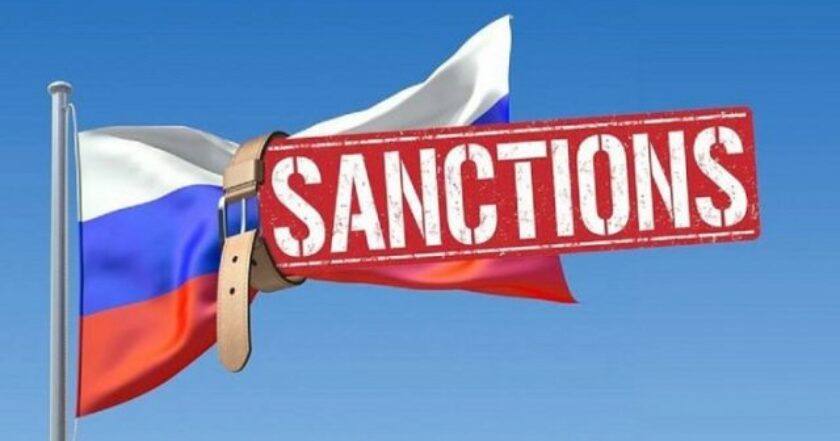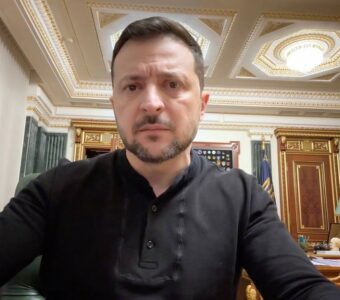The EU prolongs sanctions for russia's annexation of Crimea for another year

The EU Council has decided to extend the sanctions imposed by the EU in response to russia's annexation of Crimea and Sevastopol until 23 June 2023.
The press service of the EU Council announced this on Monday, the EP reports.
The EU first imposed the current sanctions in June 2014.
These include a ban on imports into the EU from illegally annexed Crimea or Sevastopol and a ban on infrastructure or financial investments and tourism services from illegally annexed Crimea or Sevastopol.
The export of certain goods and technologies to Crimean companies, either for use in Crimea in the transport, telecommunications, and energy sectors or for exploration and production of oil, gas, and mineral resources, is also subject to EU restrictions.
As EU High Representative for Foreign Affairs and Security Policy Josep Borrell said in his declaration on behalf of the EU on 25 February 2022, eight years after the forced and illegal annexation, the EU doesn't recognize and continues to condemn the unlawful annexation of the Crimean peninsula as a severe violation of international law.
The EU remains steadfast in its commitment to Ukraine's sovereignty and territorial integrity within its internationally recognized borders and is committed to the full implementation of its non-recognition policy.
A week before, the EU announced it prolonged economic sanctions against russia over the destabilization of Ukraine by six months, until 31 January 2022. Following russia's full-scale invasion of Ukraine and russia's not complying with and leaving the Minsk agreements, the EU has decided to "roll-over the economic sanctions in place against the country."
Economic sanctions were first introduced on 31 July 2014 in response to russia's actions destabilizing the situation in Ukraine.
"Sanctions limit access to EU primary and secondary capital markets for certain Russian banks and companies and prohibit forms of financial assistance and brokering towards Russian financial institutions. The measures also prohibit the direct or indirect import, export, or transfer of all defense-related material and establish a ban for dual-use goods for military use or military-end users in Russia. The sanctions further curtail Russian access to certain sensitive technologies that can be used in the Russian energy sector, for instance in oil production and exploration," the European Council press release said.




















































